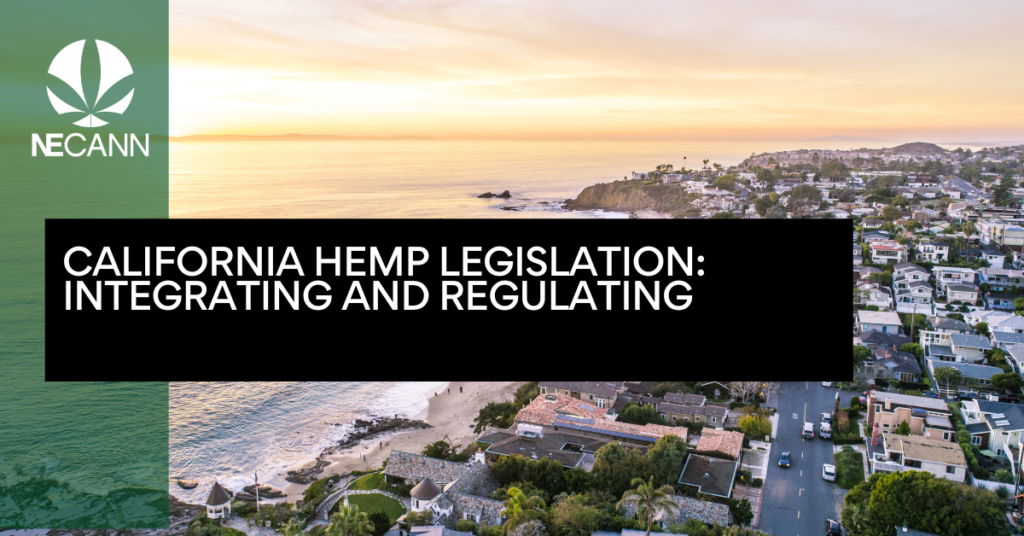As state governments nationwide grapple with how to regulate hemp-derived cannabinoids, California could integrate marijuana and hemp producers under new legislation.
Assembly Bill 2223, introduced by Assembly Majority Leader Cecilia Aguiar-Curry in February, passed the Assembly Floor with bipartisan support in May. The bill builds on AB 45, legislation from 2021 that permitted hemp-derived CBD in food, drinks, and other products, temporarily banning smokable and inhalable products and increasing testing requirements for hemp products.
Some hemp product makers exploit a loophole in the 2018 U.S. Farm Bill that measures THC content by weight instead of its intoxicating effects. In response, Gov. Gavin Newsom directed the California Departments of Public Health (CDPH) and Alcoholic Beverage Control to issue recalls and warnings about intoxicating hemp products. Recently, the CDPH issued a warning about Mary Jones hemp-infused sodas, deeming them “unsafe.”
“I’ve introduced AB 2223 to protect public health by greatly enhancing the tools available to state and local health and law-enforcement officials to stop the sale of (intoxicating hemp) products,” Aguiar-Curry said.
AB 2223 includes several key provisions:
- Licensed cannabis operators could manufacture, process, distribute, and sell regulated products containing industrial hemp or hemp-derived cannabinoids, tracked through the state’s compliance system like marijuana products.
- Synthetic cannabinoids with altered molecular structures would be prohibited, even by licensed cannabis companies.
- Hemp cannot contain more than 0.3% THC or similar cannabinoids, such as delta-8 or delta-10 THC.
- Final products containing hemp cannot exceed 1 milligram of THC, with each serving per package capped at 0.25 milligrams.
The bill has support from the United Food and Commercial Workers labor union and the California Cannabis Industry Association (CCIA). CCIA President Caren Woodson noted, “AB 2223 presents an opportunity to reimagine a legal and regulatory framework for cannabinoids in California and beyond.”
Despite restrictions, California produces more hemp than any other state. Shareef El-Sissi, founder of Terpene Belt Farms, highlighted the challenges of hemp regulation, stating, “We would very much love to participate in producing and selling cannabinoids, but because of all of the uncertainty, the lack of clarity, the poorly defined regulations, and the patchwork of state regulations, we actually compost all of our cannabinoid material.”
El-Sissi and Terpene Belt Chief Legal and Regulatory Officer Pamela Epstein are closely watching progress on the 2024 Farm Bill and state measures like AB 2223. Epstein emphasized the need for clarity to allow hemp operators to expand into cannabinoids.
While AB 2223 aims to protect public health, some critics argue that its low THC limit on hemp and final products could effectively ban “full-spectrum” hemp-derived CBD products, impacting medical consumers who rely on them.
El-Sissi remains hopeful for future changes, stating, “Over time, we have big plans to pair our essential oil with cannabinoids in a federally legal interstate commerce situation. But until then, it’s not worth the trouble.”
Get ahead in the cannabis business. Subscribe for daily updates!



